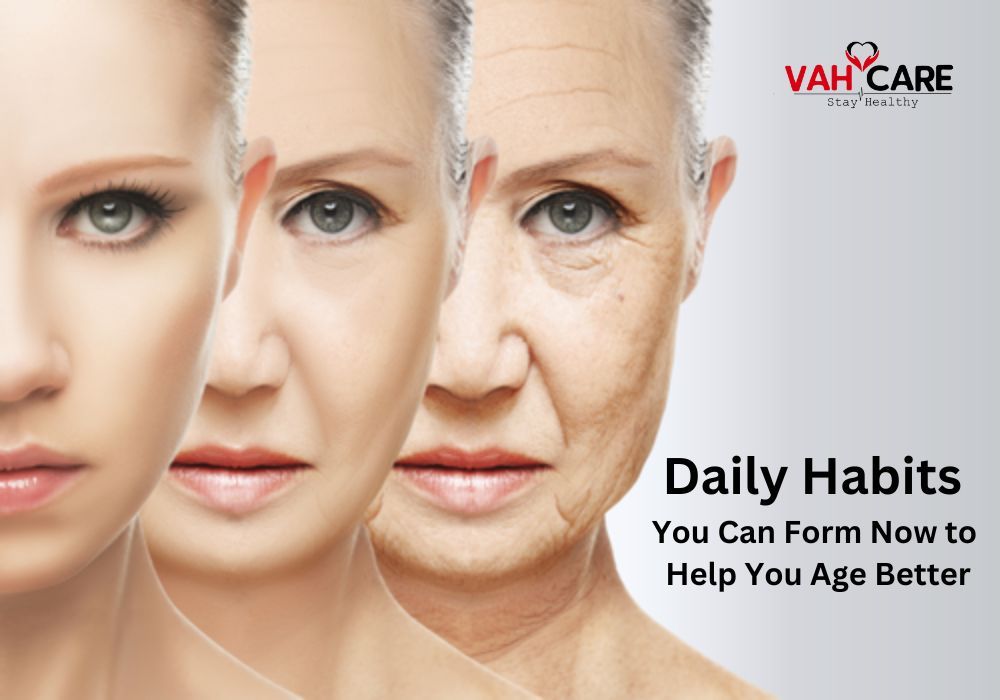
How To Fight Age : Check Your Daily Habits to Stay Healthy

The aging process is something we all have to go through. But there are things we can do to ensure that we age gracefully, and maintain our health and mobility for as long as possible.
Here are a few things you can do to help you maintain your health as you age:
👉 Cut out caffeine — drinking too much caffeine can interfere with how long it takes to fall asleep, as well as with your sleep quality and total sleep time.
👉 Cut out seed oils — these are high in inflammatory omega-6 fats. When consumed, they can release free radicals in the body, which can cause anything from heart disease to wrinkles.
👉 Skip toxic sunscreens — synthetic ingredients from sunscreen get absorbed by your skin and into your bloodstream. These can act as endocrine disruptors and even cause cancer.
👉 Skip alcohol — drinking damages cells in your body and increases inflammation.
👉 Don’t smoke — not only will it age your heart and your lungs, but it will also show signs of aging on face.
👉 Eat organic food — over time toxins can accumulate in your body, many of these toxins come from pesticides and hormones that are in conventional produce and animal products.
👉 Increase Omega 3 in your diet — it could help minimize the shortening of your telomeres, whose length directly correlates with longevity.
👉 Cut out sugar — foods high in sugar cause increased levels of inflammation which have been implicated in causing countless age-related diseases.
👉 Cultivate positivity — the people you surround yourself with directly impact your mental health, which in turn impacts your physical health.
👉 Exercise daily — sitting for around eight hours a day can increase your risk of premature death by up to 60%.
👉 Lower stress — constant stress means high levels of cortisol, which causes high blood pressure, chest pain, a slower metabolism, and weight gain.
👉 Get enough sleep — sleep deprivation can lead to weight gain, anxiety, depression, and insulin resistance.



